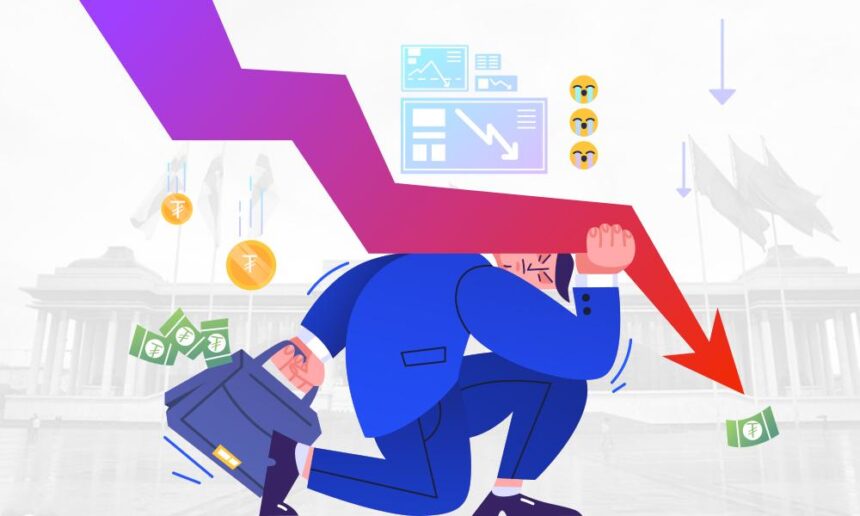The Parliament of Mongolia approved the state budget for 2023 at the plenary session that was held on November 11, 2022. The so-called austerity budget of 2023 has a deficit of 1.4 trillion tugriks, equaling 2.6 percent of the GDP. However, this figure is said to be half the sum of the previous year.
Next year, there will be a GDP growth of 5 percent, reaching 54.4 trillion tugriks (16 billion US dollars at the present exchange rate). The budget income is 19 trillion tugriks or 34.9 percent of GDP, and expenditure is 20.4 trillion tugriks or 37.6 percent. At the end of 2023, inflation is said to reach single digits.
This budget excludes new investments, with the following goals: setting a limit on extravagance, supporting the investment and business environment through tax policies, completing major mining and industrial projects, implementing new ones in the energy sector, and comprehensively resolving the issue of public transport (buses) renewal and its service quality in Ulaanbaatar, reducing traffic congestions, implementing tax and wage policies that support the transition from the city to rural areas, stabilizing the economy, and enforcing fiscal discipline at all levels.
How realistic is this budget and what impact does it have on people’s lives?
Debt
A budget having deficit means getting a loan or debt in other words. Macroeconomic stability can only be maintained if what the government collects equals what it spends. Since 2012, Mongolia has issued foreign bonds and issued debt, failing to generate a decent value capable of earning foreign dollars with that much money, which resulted in additional loans to pay the annual interest and the principal debt at this point. This irresponsible practice is called “refinancing” in fancy terms.
In 2023, 500 million dollars of Chinggis Bond and 800 million dollars of the Development Bank will be “refinanced”. If the international creditors lose their trust in our government and ask for full payment, then 1.3 billion of the foreign currency reserves of 2.8 billion dollars will be taken. It will result in the failure to meet import payments for 2-3 months, and the exchange rate of the tugrik will plummet. Therefore, to demonstrate fiscal discipline as a country to the investors, the budget had to be made without a deficit. On the other hand, the government’s total debt equals 70 percent of the GDP (90 percent of which is foreign), so it cannot be further increased . It should not have exceeded 50 percent in the first place. The interest rate rises as the indebted takes on more debt.
One of the largest costs that needed reduction was child welfare, which amounted to 4 percent of the GDP during the pandemic. A monthly stipend was budgeted to provide 100,000 tugriks for each child living in a household with a monthly income of less than 3.5 million tugriks. The fact that it will cover 90 percent of all children seems to be a preparation for the 2024 elections. If the stipend only covered vulnerable families, the cost would be reduced by half, equal to 2 percent of the GDP, and the budget would not have a deficit. It is reasonable to only give the child allowance to those in need instead of handing out carelessly. However, that scenario certainly does not fit the plan for the election.
You
The higher the budget deficit, the higher the government debt. As debt rises, taxes increase, private investments decline, and fewer jobs will be available. At the same time, by establishing a large number of state-owned companies and providing state-run work instead of business, profits will also fall, thereby reducing jobs. With weakened competition, innovation and productivity will follow suit.
As the number of state-owned companies increases, jobs are accessed through the “back door” principle, not based on merit, and the sector heads toward collapse. This is where the familiar scenario of poverty despite hard work emerges. Moreover, when the government focuses on handing out money instead of providing jobs, prices of goods and services rise (inflation).
This is why in a democracy, as long as the citizens are able to monitor and correct government activities on the budget level with information and knowledge, YOUR living and working conditions will improve, and YOUR need to go abroad to work will be reduced.
2022.11.16
Trans. by Riya.T and Munkh-Erdene.D







